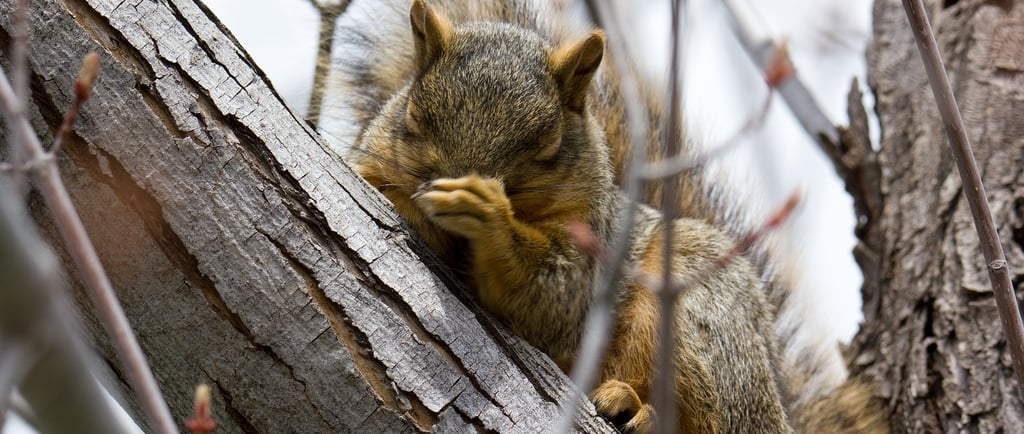🗣️“Achoo!" Sneeze Around the World 🌍 💬
A follow-up story that connects Language, History, and Grace & Courtesy Chapter in Theory Album. 🌍🗣️ This cross-cultural story of sneezing invites children to explore not just the science behind the reflex, but the social rituals that follow it—“Bless you,” “Gesundheit,” or “Alhamdulillah.” From ancient superstitions to modern manners, it reveals how a single sneeze can carry echoes of history, belief, and belonging. ✨👃 Children are encouraged to ask: “What do people say after a sneeze in other languages?”, "How to sneeze politely?"
LANGUAGE STORIESHISTORY STORIES
7/30/20252 min read


Today I brought… a mystery. You can't see it, but I bet you’ve all heard it already today. Maybe you’ve even done it today. Ready? Close your eyes and listen!
ACHOO! 💨 A sneeze. Well, I faked it, but have you ever wondered…🌬️ What is a sneeze? 🌍 Why do people say something after it?
Biologically a sneeze starts in your nose. Inside are tiny hairs and special cells that notice when something bothers you—dust, pepper, pollen, or even a tickling cold breeze. ❄️
They send a message to the brain:🚨 “We’ve got an intruder!” Then, the brain orders your chest to tighten, your lungs to squeeze,🫁 your throat to close, and—POW! 💥—out it goes. That sudden blast of air and droplets is your body’s way of protecting your lungs. It’s called a reflex, and it’s fast—faster than a blink! 😮
Re 👏 flex 👏 comes from two Latin words re- meaning “again”, (like repeat, replay, remember) , and flectere meaning "to bend". So a reflex is your body’s way of “bending again” a reaction—fast, automatic, and protective.
Like when you touch a thorn and jerk away, 🌵or when someone pinches you and your hand zips back before you even think. Sneezing is just another one of those super-fast body reactions—like your nose shouting “OUT!” to something it doesn’t like. 🌬️In fact, sneezes can travel up to 160 kilometers an hour! 💨 That’s like a race car zooming out of your nose! 🚗💥 That’s why we cover our nose and mouth with our elbow—to keep our sneeze to ourselves. 😷
Around the world, people respond to sneezes in many different ways. In English, we say, “Bless you!” This tradition goes all the way back hundreds of years to ancient Rome , to a time when people were scared of sneezes—because they thought it meant someone was about to get very sick. So they gave a blessing to protect the person. 🙏“Bless you”! In Ancient Greece a sneeze was considered a sign of truth—or even a blessing from the gods.
In German, people say Gesundheit, which means “health.” In Arabic, it’s “Alhamdulillah”—“praise be to God.” In Hindi, people say “Jeeto”—“may you live long.” In Spanish people say “¡Salud!” – Meaning “health.” After the third sneeze, some people even wish money or love, not just health.
And in Japanese, people don’t say anything at all! 🤐In some cultures, sneezing in public is something done quietly and politely, with no words at all.
So a sneeze is more than just a reflex and tickle in your nose—it’s part of history and human culture.
💭 I wonder… 🐘🐭 Do animals sneeze too? Can fish sneeze underwater? Do elephants sneeze with their trunks? What about tiny creatures like mice do they sneeze? And in other languages, what do people say when someone sneezes? Is it always a blessing… or something else?
✨ Possible Follow-Up Exploraitions ✨
Create a world map and write how people say “Bless you” in different countries
Practice sneezing etiquette: why do we use our elbow?
Research sneezes in animals: who sneezes and why?
With Montessori joy,
Vanina 😊

